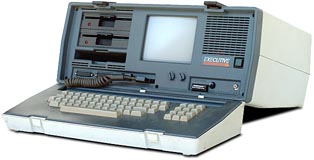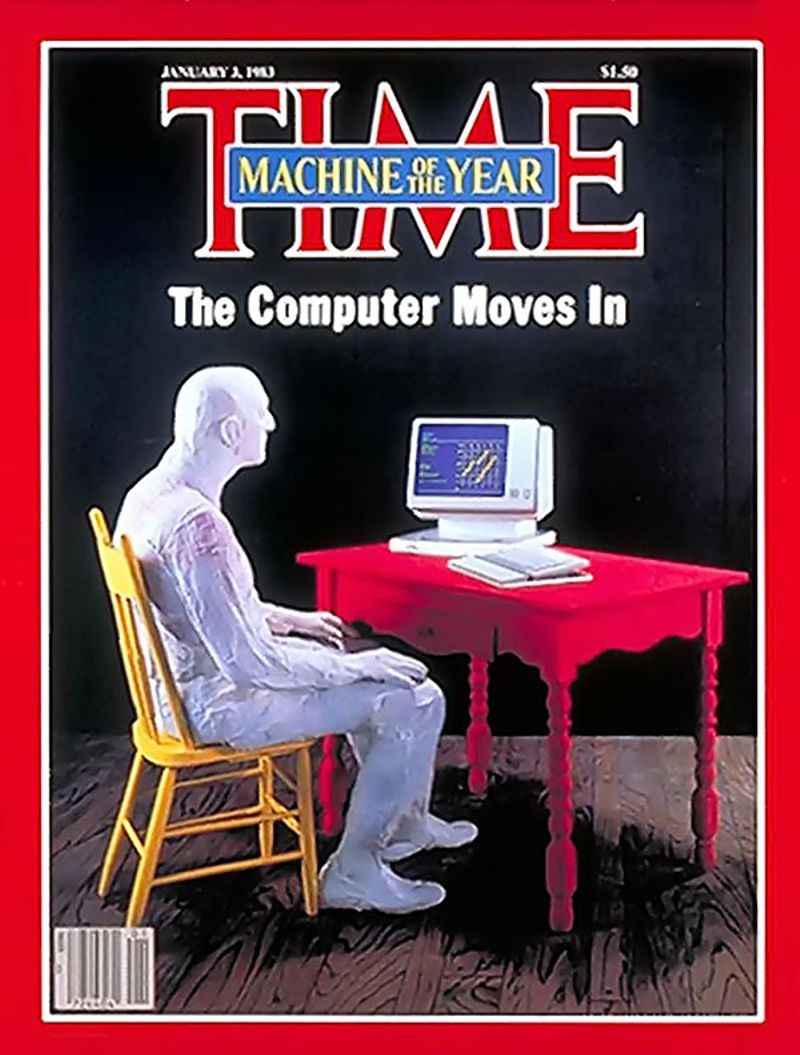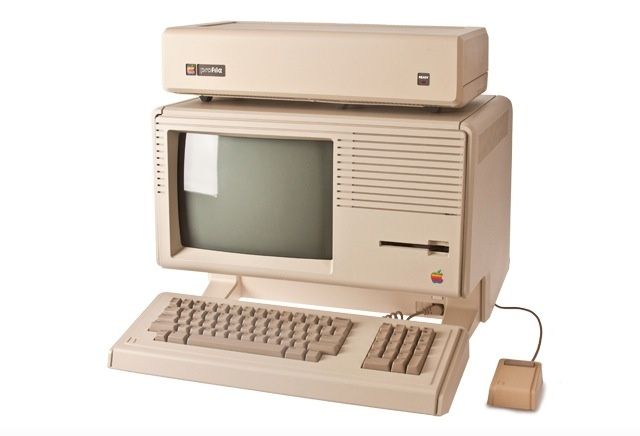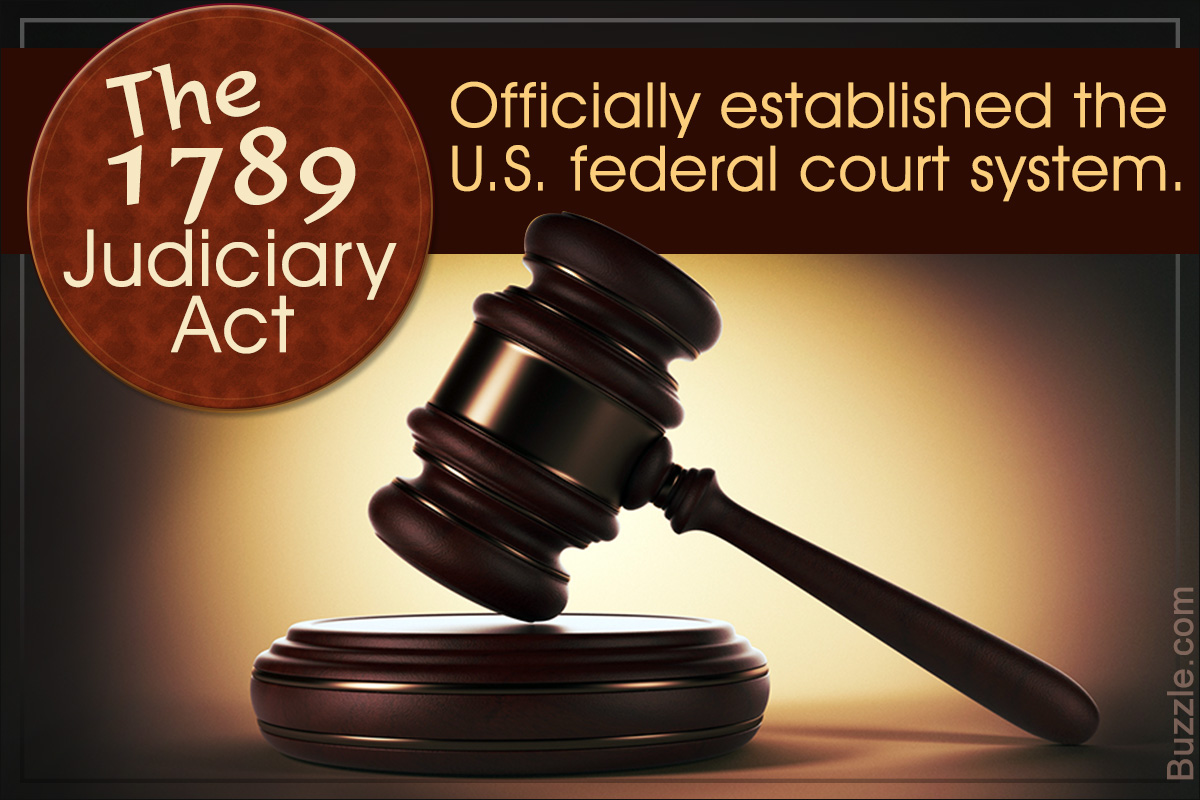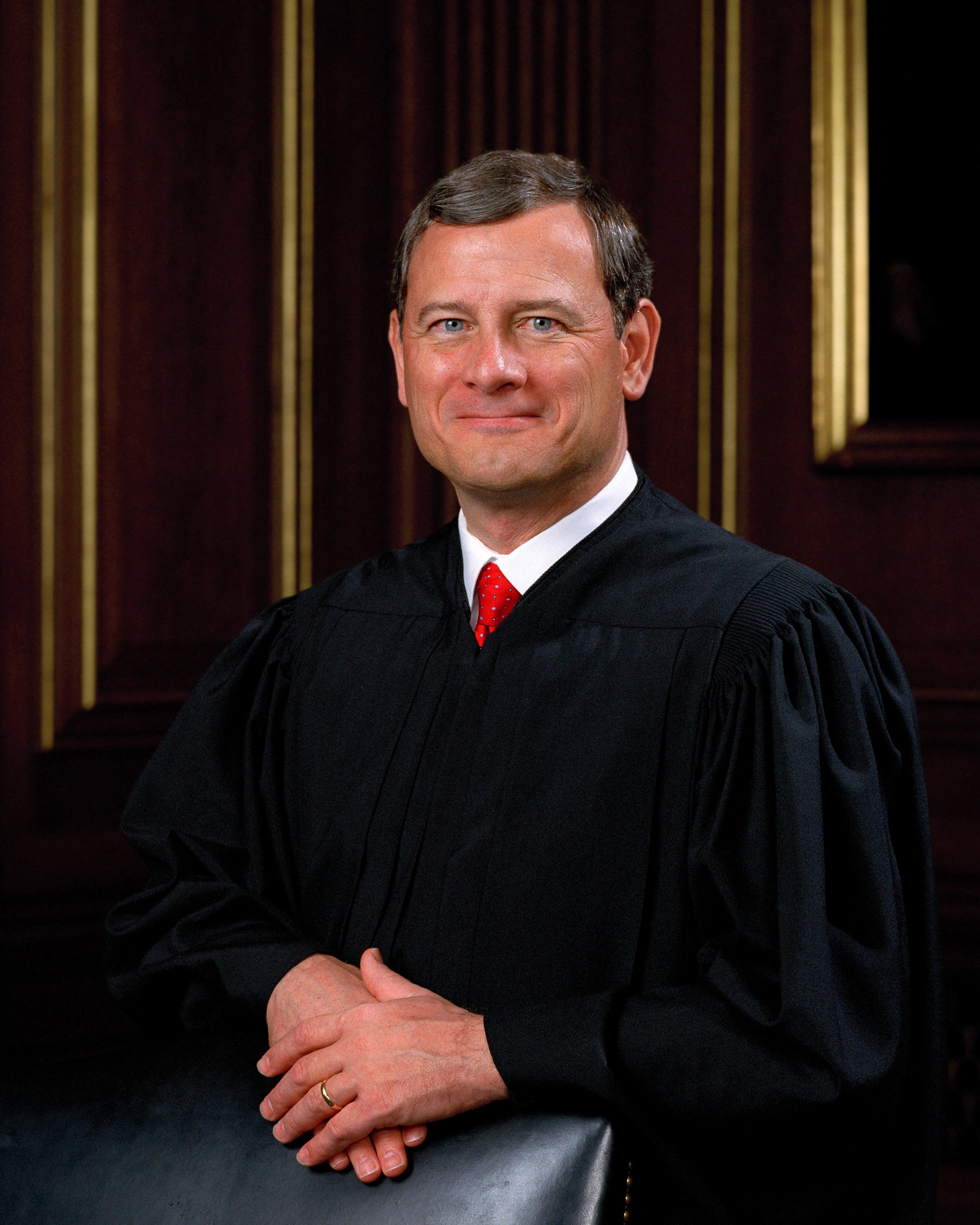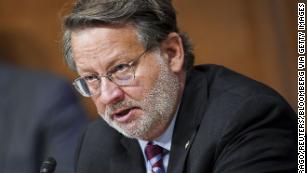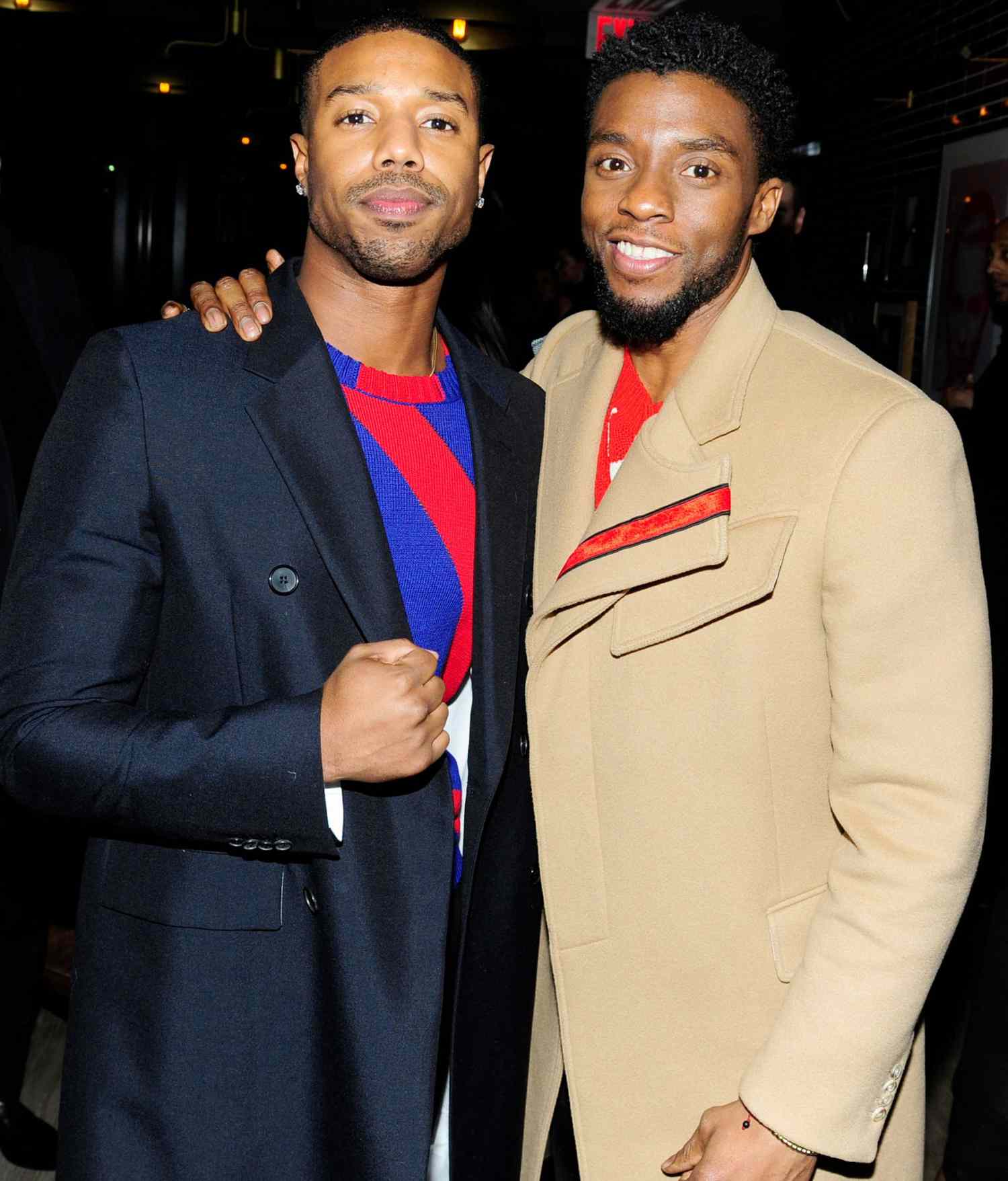Honestly, this topic scares me a lot. I never thought much about my online presence before I took this class. I knew in the back of my mind that privacy was non-existent, but I thought that there was nothing I could do about it. It was one of those things where I didn't want to be educated on it because it scared me so much. However, after taking this class I have a deeper appreciation for technology and the internet because of how impressive and widespread it has become after a short amount of time.
Friday, 4 December 2020
My Online Presence
Monday, 9 November 2020
EOTO: Smith-Mundt Act
I am so glad that my group got randomly assigned to present on propaganda this week. I researched the Smith-Mundt Act and I feel so much more knowledgeable on the United States and their propaganda schemes. I will be totally honest, I was a little shocked and disappointed to learn that the United States takes place in propaganda, but I guess every country does it now. Today's blog post will be a special one all about the Smith-Mundt Act.
The Smith-Mundt law has a rich history and is still an active part of our lives today. It is important to be aware of it and know what exactly it is. Propaganda is not always recognizable so it is good to know if you have a chance to be exposed to it. The moral of this blog post is that you should always be careful about the information you consume, especially if it is from the government. This law only had to do with the U.S. State Department. That means that any other government department could be distributing propaganda. As United States citizens we still don't have access to the Pentagon's propaganda which is a haunting concept. Propaganda is a powerful tool and it is up to us citizens to be aware of it so it doesn't affect us.
Privacy: The Common Goal That Brings Us All Together?
I always hear that there is an overwhelming lack of privacy in the world, but I have never stopped to think about what that means. We are living in a world where the internet has been around for less than thirty years, however it is now a force that knows pretty much everything about everyone. Pretty scary, right?
Google, Facebook and other popular sources get billions of dollars from advertising and creeping into your personal life. They have access to every email you send, every post on social media, and even every internet search. What does that mean for you? Well, it means nothing about your life is private. At any moment in time, someone could do their research on you and you would have no idea. The reason why this is so worrisome is because people practically live their lives online. We search the answer to any possible question that pops up in our mind and we tend to overshare on social media.
One thing that is particularly scary when it comes to privacy is email. There is such a lack of privacy when it comes to electronic mail, that every email is public. You may think that it is not that big of deal, but think about it. You exchange emails ALL THE TIME. Every business exchange or even catching up and sharing personal details with loved ones. Private companies like Yahoo and Google have access to everything and they don't even need to tell you if they are looking at your emails. It is insane to me that people are unaware of this fact or don't seem to care.
I watched a Ted Talk that talked about the privacy of emails. Well, the lack of privacy. Essentially the server has access to unlock your encrypted emails. It is crazy to think that even when people encrypt their emails and think they are protecting their privacy, they are not at all. There is a company called ProtonMail and it is a free encrypted email. This ensures that the only person that can unlock the encrypted data is the person who the email is sent to. It is not widespread, because it is expensive when you are trying to spread software like this and you can't use advertising. However, something amazing has been happening. The importance of privacy is bringing people together and people are donating to ProtonMail and keeping the company alive.
I guess the moral of this post is that privacy is important and we can do our part to stop private companies from infiltrating our lives. We can support companies such as ProtonMail and be more aware about our digital footprint and who has access to it. It is crazy stuff we are talking about, but awareness to the problem is the first step.
Diffusion of Innovation: Is Paper Money Becoming Outdated?
Money is at the center of everything we do. We are educated for 12 plus years in the hopes of getting a job that can fulfill our basic needs. Everything we do revolves around money. But how did we come to a point where we placed our worth around the value of a piece of paper? Relating the invention of paper currency through the lens of the Diffusion Theory, it is clear that the timeline of paper currency is spread out longer than most inventions and ideas would be.
Paper currency was one of the biggest inventions to date because it changed the way we conduct things. Originally, humans would trade various objects to get what they wanted. This caused lots of inconsistency and the trading business had plenty of problems.
The pioneers of paper currency were the Chinese. The first real use of paper currency popped up in the 11th century during the Song Dynasty. This was the innovators part of the diffusion of innovations. Only one part of the world was actively using this invention.
Since paper currency is a harder innovation to tackle, the early adopters, early majority, and late majority is hard to pin down. People saw how amazing it was in China and it spread throughout the Mongol Empire until it finally reached the United States in 1775. Yes, there is SO many years in between the origin of paper currency until 1775. The point is that paper currency was so innovative and useful that it keeps reaching its peak for years to come. Since we still have access to it and it is still prominently used today all over the world.
What I can argue is that we are now finally reaching the laggards stage of this innovation. For years and years after the invention of paper currency, there was no other alternative. When people payed for things, they used paper currency. However, with the invention of credit and debit cards it is rare to see people pulling out cash to pay for something. It is pretty hard to tell for sure since paper currency is still used, but with digital forms of cash becoming more and more popular, I am willing to bet that when we look back at this time period years from now we will see that we are amongst the laggards of paper currency. Paper currency was an amazing invention and is still somewhat useful today, however, it is being severely overshadowed by paperless options of currency.
Today, my blog post was probably unconventional compared to others on this topic. However, I wanted to take this opportunity to apply this theory to an invention that is still relevant to the lives of everyone.
Monday, 26 October 2020
EOTO: Presentation Week
The last two weeks in class have been very interesting! Every person presented on a technology that exists and taught the class a little bit about the history of it. I really enjoyed these weeks, because I learned a lot about my favorite technologies.
The technology that I was really fascinated by was Spotify. I am a huge Spotify fan and I will forever think that it is better than Apple Music or any other music streaming platform. What I didn't know before the brief presentation in class was that it was actually several other things before it was Spotify. There were many different prototypes before Spotify was born. That was a common theme with all of the technologies presented, which I thought was really interesting. Every single great technology that people use everyday is the result of numerous tries. Another interesting thing about this presentation was finding out that Spotify was founded in 2006. It was a slow growth process for the company, but now it is thriving and doing so great. Overall, I enjoyed listening to this brief presentation on Spotify, because I learned a lot in a short period of time.
EOTO: Personal Computer and Personal Computing
Personal computers. We all use them and they have become a crucial part of our lives. Whether we keep our lives stored on a Mac or a PC, these devices have play an important part on how we go about out life. Today I will be telling you guys a little but about the history and timeline of personal computers.
The First Personal Computer
The first personal computer was introduced in 1975 and it was called the Altair 8800. It only had toggle switches and binary lights for input and output. It was the first computer to sell in large numbers. They sold over 5,000 computers in the first year. It retailed for $395. If you wanted it to be assembled for you it was $498. Bill Gates and Paul Allen saw the success of the Altair 8800 and formed the company Microsoft.
Pictured above is the Altair 8800
Apple
In 1976, Steve Jobs and Steve Wozniak created Apple’s only kit computer and in 1977 they launched the Apple 2, which was a color computer with expansion slots and floppy drive support. The Apple 2 was one of the world's first successful mass produced microcomputer.
Pictured Above is the Apple 2
VisiCalc Revolutionizes Personal Computing
In 1978 the first electronic spreadsheet entitled VisiCalc was made. This technology was revolutionary for the world of personal computers, because it turned them into a useful business tool. Before the creation of this software, personal computing was seen as merely a game machine or a replacement for the electronic typewriter.
Pictured above is an example of VisiCalc software
First Portable Computer
In early 1981, Adam Osborne introduced the world's first portable computer. The Osborne 1 was about this size of a suitcase and had a tiny 5″ display. The computer weighed 10kg.The whole package sold for $1,899.
Pictured Above is an Osborne 1
First Laptop Computer
The first laptop computer also arrived in 1981. It was called the Epson HX-20. The HX-20 was about 8.5″ by 11″ and maybe 1.5-2″ thick and used a microcassette to store data. It displayed 4 lines of 20 characters on an LCD screen above the keyboard.
Pictured Above is the Epson HX-20
Most Significant Event of 1981
The most significant event of 1981 for the personal computing industry was the introduction of the IBM PC on August 12. This caused Microsoft to get IBM to agree that PCs would not be an IBM exclusive. This paved the way for the clone industry.
Pictured Above is the IBM PC of 1981
Time magazine called 1982 “The Year of the Computer” as the industry grew up. By 1983, the industry estimated that 10 million PCs were in use in the United States alone.
Pictured Above is the cover of TIME magazine in 1983
Apple's Biggest Failure
In 1983 Apple introduced the Lisa which was a huge failure. Each computer sold for $10,000 and Apple lost a total of $50 Million.
Pictured Above is an Apple Lisa
Apple Macintosh
The failure of the Apple Lisa paved the way for the Apple Macintosh which came out in 1984. It was much more affordable at $2,500. This is where the timeline of personal computers end. Ever since the Macintosh, the use of personal computers has developed greatly. As of February 2019, 74% of Americans owned one.
Pictured Above is an Apple Macintosh
Monday, 28 September 2020
The Importance of Promoting Innovation
All eight values of free expression speak to me, as I recognize the important of living in a country that gives its citizens fundamental rights. As a Broadcast Journalism major and theatre minor, promoting innovation is extremely important to me. If free speech was not protected under the constitution, I would have picked another major and minor. The idea behind promoting innovation is that when free speech is valued and protected, the community will be more energized, creative and interesting because they will actively fulfill themselves in many diverse and interesting ways. As a journalism major, I exercise my freedom of speech by constantly jotting down topics and events that interest me. I then interview people and write feature pieces on what is going on. The reason why people read these articles and the articles that are on various news sources, is because they are unfiltered and true. Free speech gives journalists the capability to push the limits without constantly looking behind their back with the worry they might go to prison. The pieces that are remembered in history are the ones that uncover some scandalous government secret or the exposés on powerful members of society. None of these would be written without our first amendment right. Journalists are able to write what they want and thus the world of journalism keeps innovating and pushing the boundaries of what journalism is.
Another aspect of promoting innovation that is important to me is performing arts. My minor is theatre and I love to attend and be in shows that are powerful and have a message. Most of the time, the shows are very innovative because the artist choose to take a risk. For example, Hamilton is one of the most famous broadway musicals ever made. Lin-Manuel Miranda write the show and took some extremely big innovative risks. Instead of only focusing on Alexander Hamilton's positive contributions to the government, he took a deeper look into his personal life. This made audience's realize that he wasn't just some untouchable hero that they previously thought. This show probably wouldn't have been written so harshly if free speech wasn't protected. Speaking poorly about the government can get people into a lot of trouble in other countries. The very culture of the United States of America is built on an influx of ideas and colorful speech. Free speech is arguably the most important right given to us as citizens of the United States. A nation where millions of people are not afraid to speak their mind fosters a society that is continually changing for the better.
Antiwar sentiments not showcased on the news?
Have you ever wondered why you never hear from people who are anti war are on the mainstream media? To be honest, I haven't really given the issue much thought but I've quickly come to the realization that there doesn't seem to be much place for antiwar views in the mainstream media.
Websites like Antiwar and the American conservative are websites that house very strong antiwar sentiments. If I didn't know where to look, I probably would have never found these websites. However, it is crucial for these websites to exist. Just because we don't actively see or hear about it on the news, doesn't mean it isn't a widely help viewpoint.
The mainstream media is notorious for not giving the American people the whole truth. Everything we see on the news goes through multiple edits and modifications before making it out into the media. Because of this, antiwar sentiments are not showcased because it doesn't fit the media's agenda. While I hate admitting this, the media is strategic about what the show in the news. Antiwar messages are not good for the news, because the media needs the support of American citizens for war. We are known for being a patriotic country and if the antiwar sentiments were shown on the news the support for the wars would shift. Without that support, the United States wicked be thrown into chaos. People would not regularly volunteer to serve or support our armed forces.
In order for the country to be in a peaceful state, overwhelming support for the wars we engage in is important. While the government doesn't completely censor or take down antiwar sentiments, they certainly make them harder to find. This should make us as citizens wary of anything we see on the mainstream media.
Saturday, 26 September 2020
Do Black Lives Matter Protests follow the First Amendment?
The first amendment in the United States Constitution gives citizens six fundamental rights: freedom from religion, freedom of religion, speech, press, assembly, and petition. Today, I will be delving deeper into the first amendment right of speech and assembly in relation to Black Lives Matter protests.
In Portland, Oregon a group of protestors threatened to burn a young couple's house down for displaying the American flag outside of their house. According to the Bedrock Principles, first amendment protection is not absolute. You can not go out and threaten people and expect to be protected by the first amendment. Threatening people is against the law and you can be prosecuted for it. However, it is OK to attend BLM protests and express outrage for police brutality. It is our right to criticize the government and let them know that the lawless racial targeting and killing of people disgusting and something needs to be done about it. All of the great changes in our society have been a direct result of people speaking up and demanding that change must take place. For example, the 19th amendment giving woman the right to vote was passed because of all the outspoken people in the country speaking out. Most of the speech happening in response to police brutality for the BLM movement is peaceful and protected under the first amendment.
Pictured above is BLM protestors marching through a residential area in Portland, Oregon.
Unfortunately, although the majority of BLM protestors are peaceful the chaotic ones are more often portrayed in the news. The first amendment protects the right to assemble, as long as it is peaceful. We are seeing the difference between what is peaceful and what isn't especially now with the multitude of BLM protests that are occurring. In Oregon, BLM protestors used random furniture around a predominantly white neighborhood as fuel for fire. This is crossing a line that is obviously property destruction and not peaceful. Even when a small percentage of people are setting things on fire in the name of Black Lives Matter, it leaves a bad taste in the mouths of many people.
Wednesday, 9 September 2020
Supreme Court Overview
A common topic learned in grade school is the three branches of government. Embarrassingly enough, it has been years since I have had to properly think about the branches and the roles that they play within the United States government. Today's post will focus on the Supreme Court (which is part of the judicial branch) and I will be referencing information from this article.
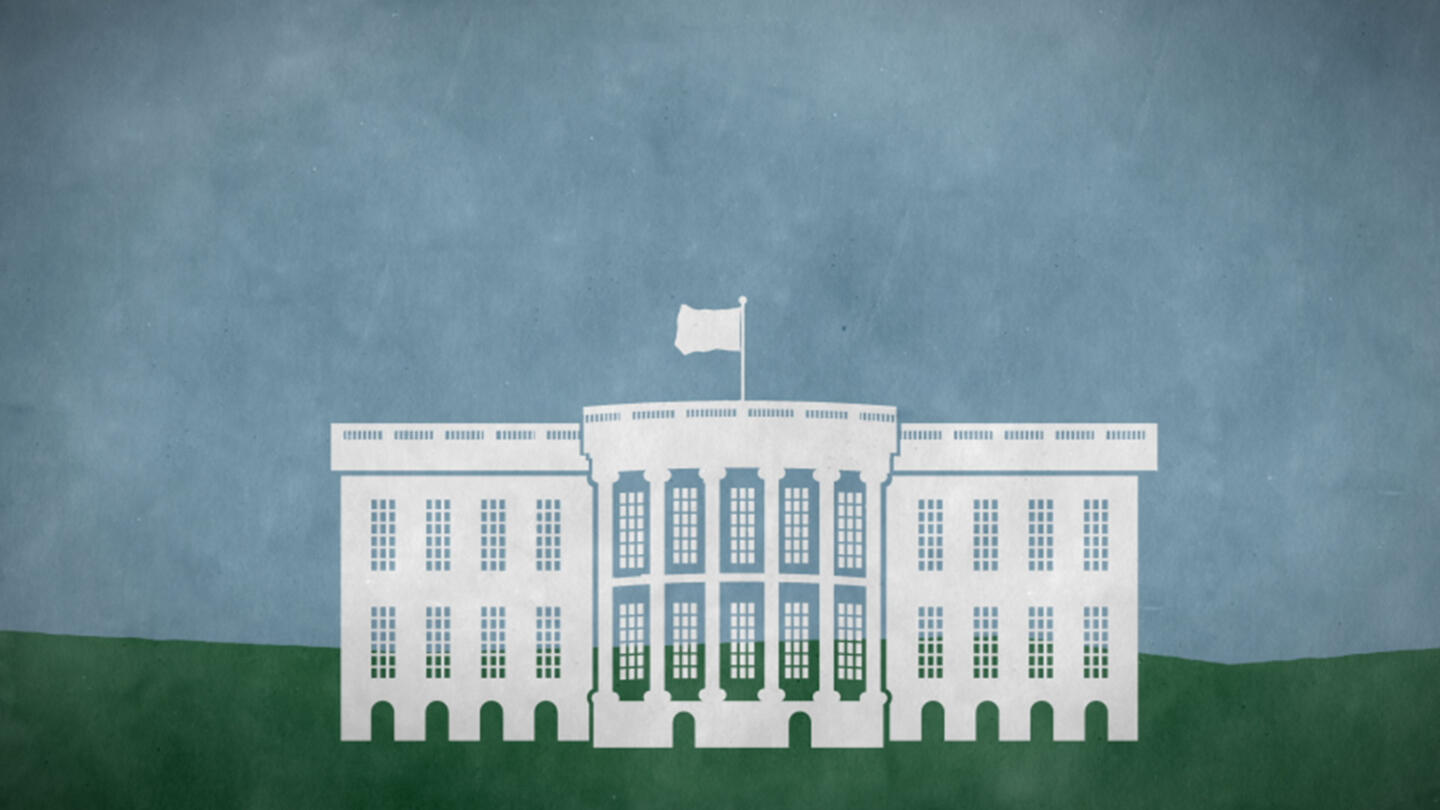 |
Overview
Early Days
Justices
Notable Justices
Final Thoughts
Wednesday, 2 September 2020
My Top Five News Sources
As a journalism major, I pride myself on keeping up with what is happening in the world. There are so many different genres of news and it is important to expose yourself to all of them. This can be exhausting at times but having different sources is a helpful way to keep news interesting and fresh. Below I have cited my top five news sources and why I choose to consume them.
1) BBC
The above image is of a sea otter in British Columbia.
2) CNN
The above image is of Michigan senator Gary Peters. The CNN article says that Michigan might flip to having a republican senator because Trump won Michigan in the 2016 election.
3) FOX
The above image is from an interview with Donald Trump, where he talks about the state of the country.
4) Nepali Times
The above photo is of a jasmine flower called Parijat. It is said that the god from heaven came down to earth to steal these flowers.
5) People
After I have checked all of the national news and political happenings of the nation, I like to reward myself with a little bit of fun news. People is my preferred source of entertainment news and I receive notifications on my phone whenever there is a juicy update. I don't follow a lot of celebrities on social media, so People is how I keep up with what is happening in Hollywood. I have always been fascinated with the lives of celebrities and I tend to get invested in their lives. I can spend hours reading news on them and People is always one of the first sources to get updates. A story that I am currently following is about celebrity responses to the tragic death of Chadwick Boseman.The above image is of Micheal B. Jordan and Chadwick Boseman. Jordan has shared that he wishes the two had more time together in a heartfelt tribute.





